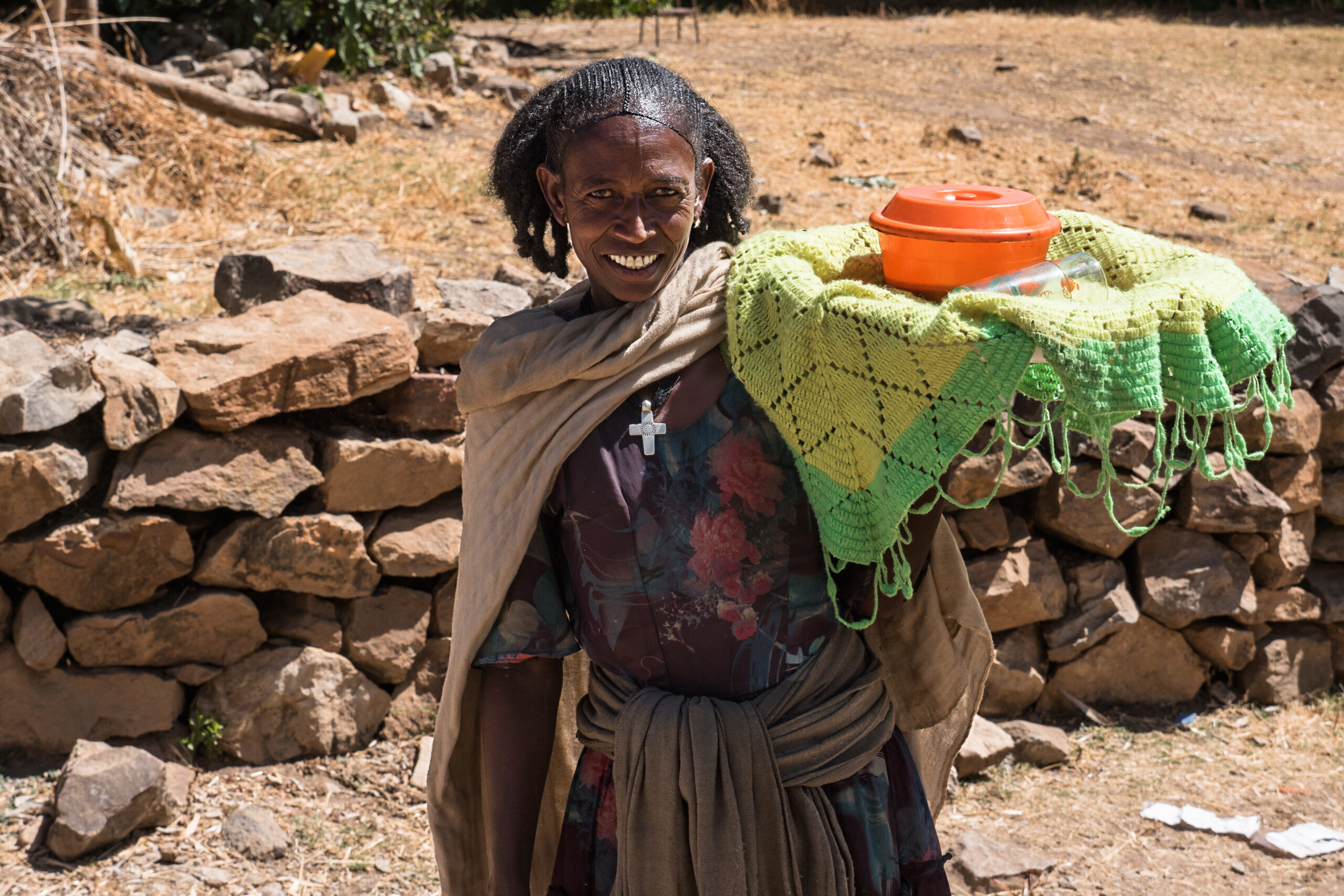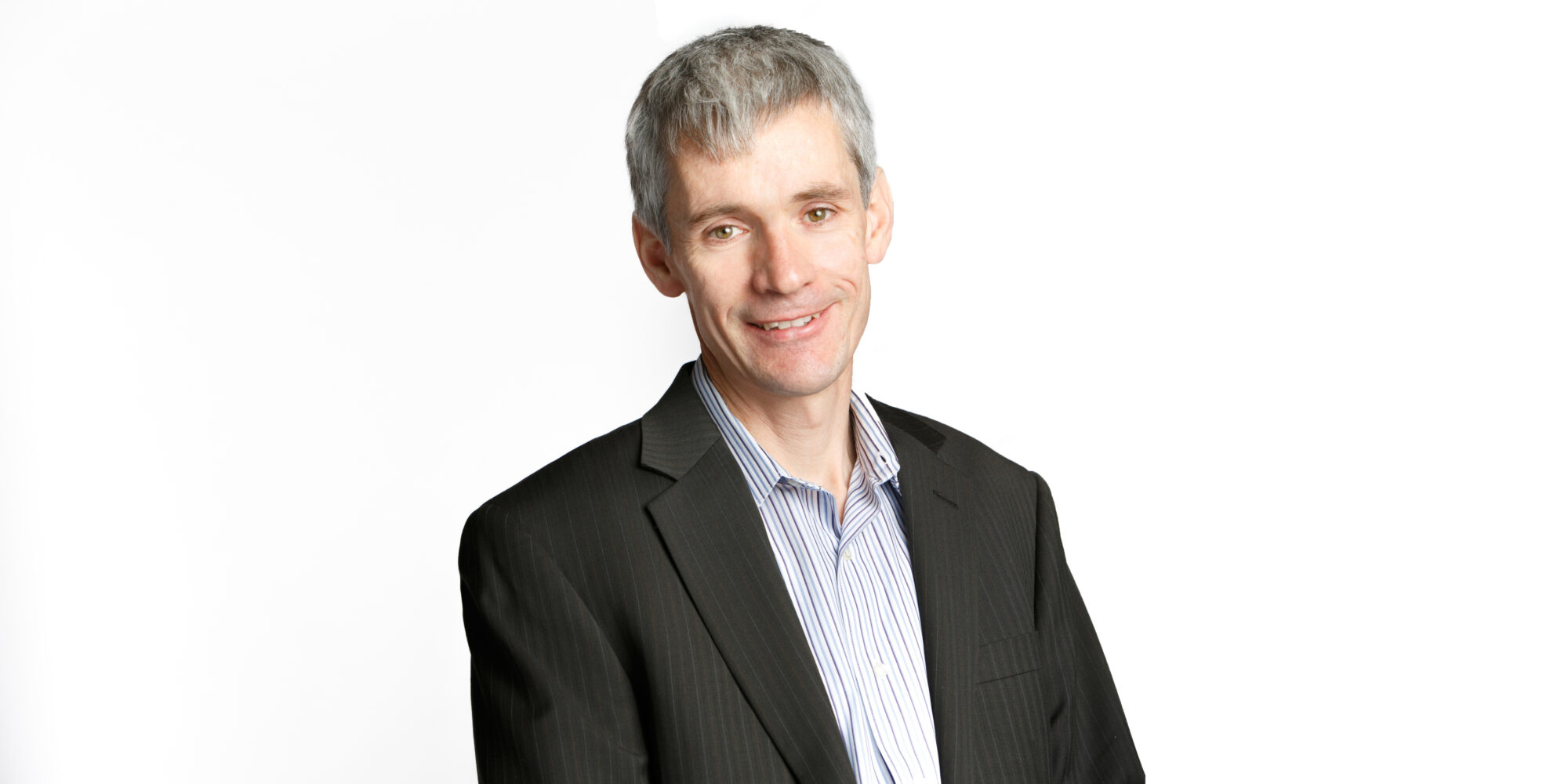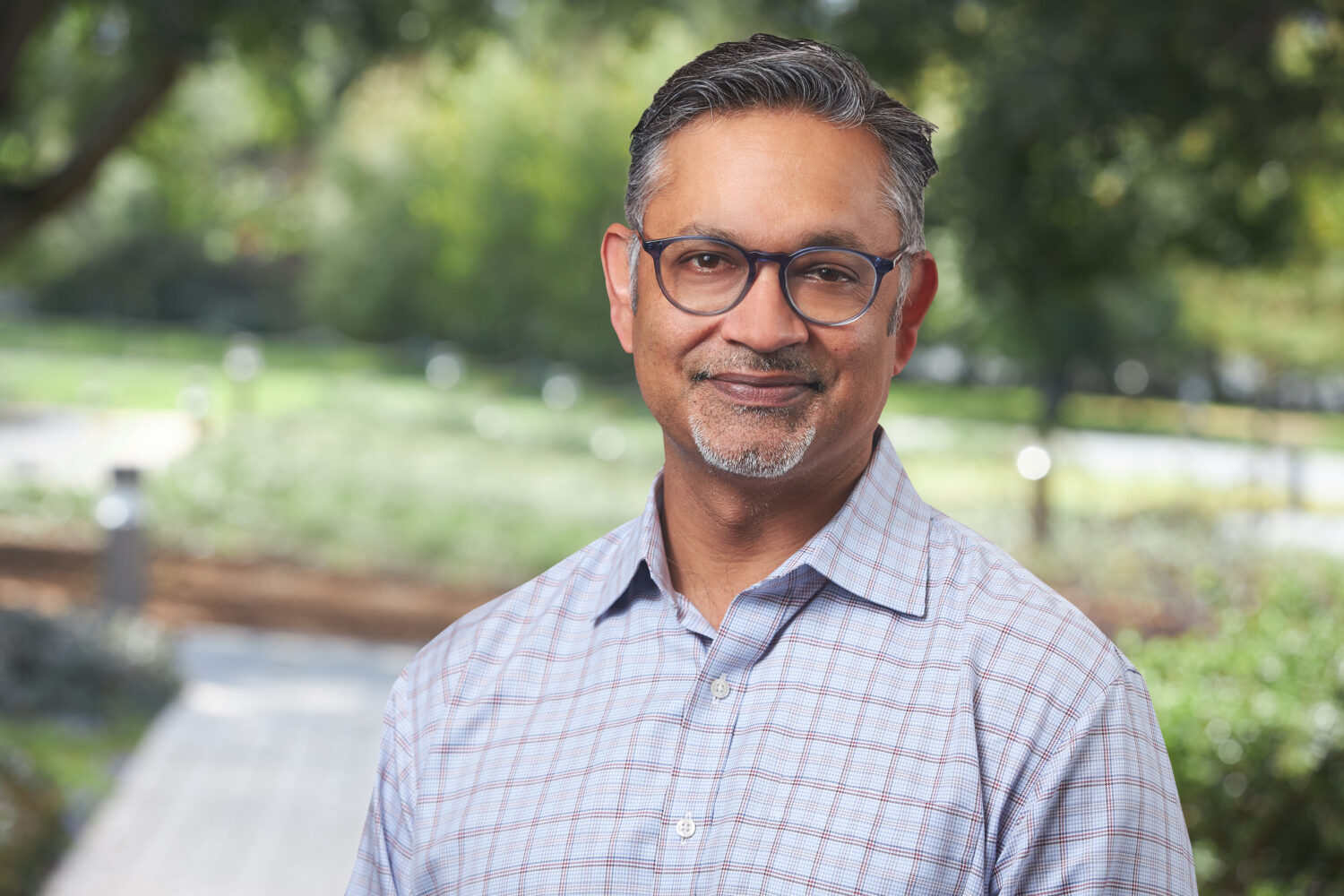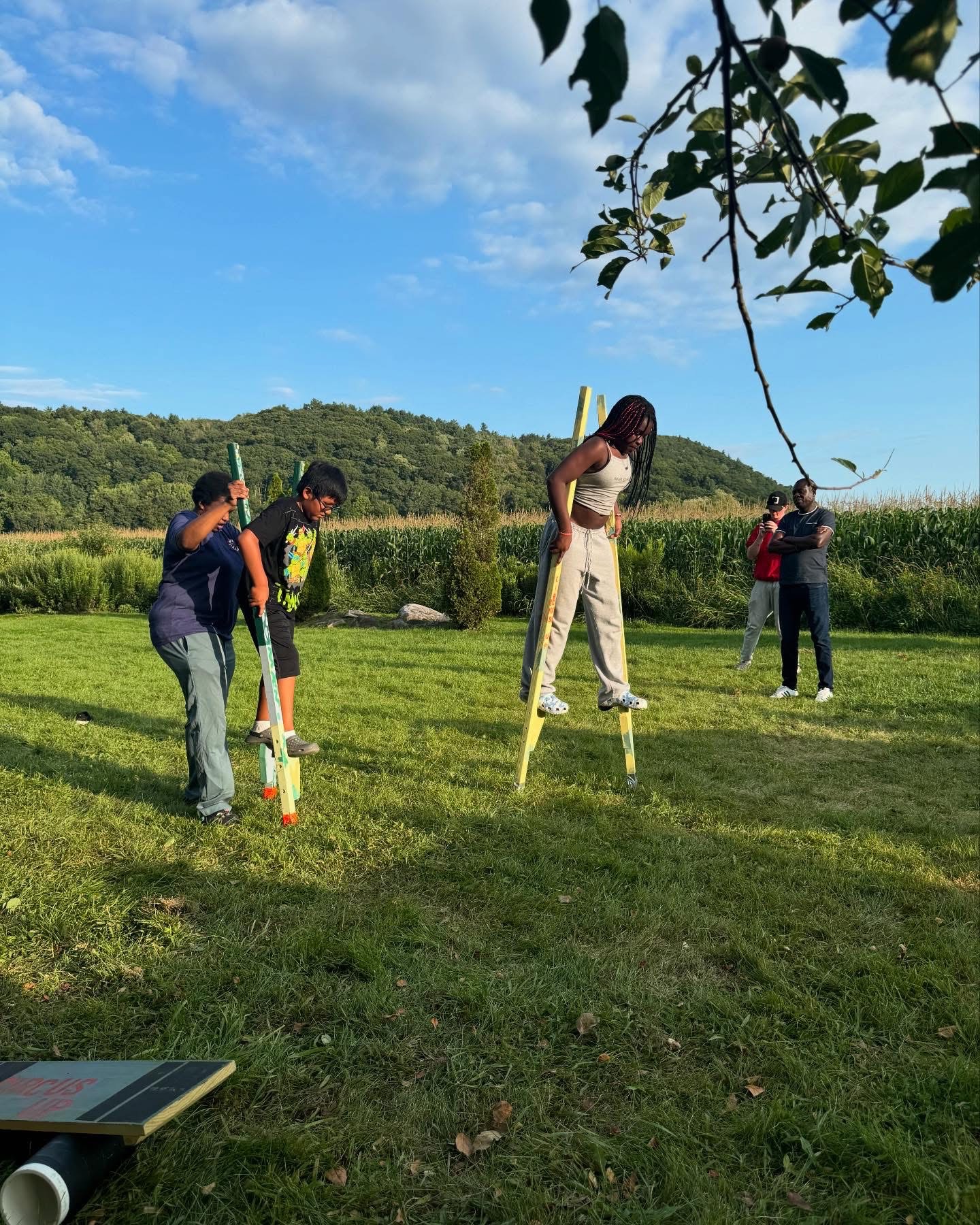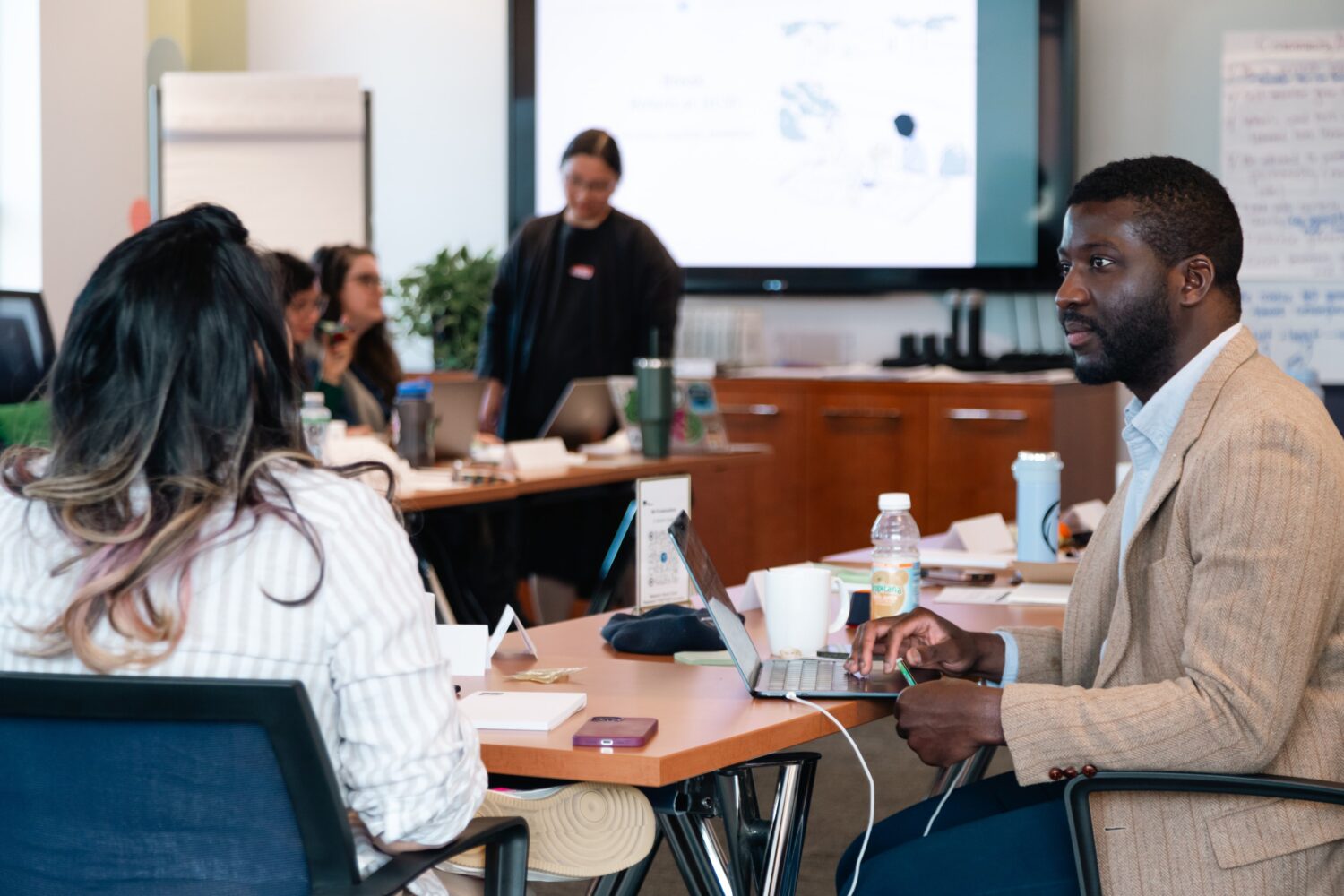Since my last update, Barr’s Global team has continued the careful work, in partnership with our grantees, of ensuring a thoughtful conclusion and transition of efforts initiated with support from the Foundation since 2010. As one piece of this process, we have documented the outstanding work of some of our grantees to introduce them to colleagues who may benefit from their approaches and who may even be in a position to support them going forward.
I am excited to share with you today four new examples in the form of short films.Each film poses a question and invites viewers to explore the inspiring answers provided by our partners.
The first film brings us to Malawi and asks the question, “Is there a scalable way to get effective, affordable health care to rural Africa?” D-tree International is doing amazing work to arm frontline health workers with effective diagnostic tools. By using mobile technology, D-tree’s rural health workers produce correct patient diagnoses more than 80% of the time. D-tree is one of the standout organizations with evidence to show that their work really does make a difference and results in improved health outcomes.
In the next film we travel to Kenya and consider the question, “Is there a sustainable, scalable way for Africa to meet its growing demand for wood?” We then meet KOMAZA and get a glimpse of the incredible work it is doing to partner with farmers to plant and maintain small-scale, income-generating tree farms. By partnering with KOMAZA, farmers make their lands more productive and more resilient to the impacts of climate change. Many participants experience a tripling of earnings from each acre of land.
A third film brings us to rural Ethiopia, where the Relief Society of Tigray (REST) embraces the question, “What difference can a locally run organization make?“ It works in an arid, eroded, climate-vulnerable region where sustaining life without overusing lands is a daunting challenge. Yet, with its team of 1,000 Ethiopians, REST has already reached more than two million people with effective programs for diversifying farm and household food production and incomes, while restoring watersheds and promoting the sustainable usage of natural resources.
Lastly, we travel to Haiti, where we face the question, “Is there a sustainable way for Haitians to manage dwindling natural resources like fisheries and mangrove forests?” We meet FoProBiM, one of Haiti’s oldest environmental organizations, that is tackling these difficult issues head-on. Its efforts focus on conserving and restoring the coastal and marine ecosystems as well as improving the livelihoods of the communities that depend on them.
Carbon Roots International, a US based nonprofit supporting a for-profit social business in Haiti, is also addressing deforestation in Haiti. To reduce the demand for cooking charcoal, the organization produces green charcoal from the leftovers of sugarcane processing called “bagasse.”
Meanwhile, Mercy Corps explores the question “What would it take for Haiti to grow enough food while restoring its lands?” The organization deploys sustainable agricultural initiatives including an incentive program for farmers’ conservation efforts.
Though seeing these partners on film certainly pales against the experience of visiting and meeting face-to-face with these leaders and their beneficiaries, we hope to shed light on some truly inspiring partners that we have been privileged to support, and whose work continues. We encourage you to watch, to share with your networks, and to contact any of these organizations to learn more.
It has been an extraordinary privilege to be part of such meaningful and urgent work these last five-plus years and we hope you will stay in touch. As Barr Global reaches its formal end-point on June 30, I am pleased to share about next steps for our team. Pierre Imbert will continue working in Haiti with efforts to establish a Haiti-focused fund, called “Give2HaitiFund,” in partnership with The Miami Foundation. I will be joining the newly formed Precision Agriculture for Development as managing director, and look forward to advancing the organization’s mission to provide mobile-based advisory services to smallholder farmers in Africa and India. Lastly, Emily Sidla will remain on Barr staff to provide continuing support to Global partner organizations and to work with Barr’s Climate team.
